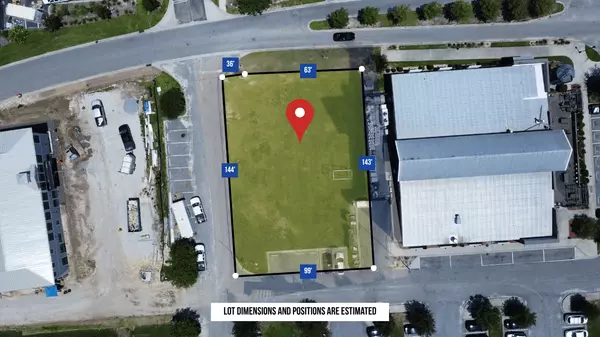What to Consider with Real Estate During a Divorce: A Guide for Bluffton and Hilton Head Island Homeowners

Divorce is never easy — emotionally, financially, or logistically. One of the biggest assets a couple often shares is the home, and deciding what to do with it can be one of the most challenging parts of the process. Whether you own property in Bluffton, Hilton Head Island, or the surrounding Lowcountry, it's crucial to approach real estate decisions with clarity and sound advice.
As a Certified Divorce Specialist and local real estate expert, I’ve worked with many homeowners navigating divorce. Here are key considerations to help you make informed, confident decisions about your home during this transition.
1. Know the Value of the Property
Before any decisions are made, both parties should have a clear understanding of the home's current market value. A comparative market analysis (CMA) or a formal appraisal can help provide clarity. In competitive markets like Bluffton and Hilton Head Island, prices can change quickly, so up-to-date insights are essential.
2. Decide Whether to Sell or Stay
There are typically three paths:
-
One party buys out the other's share
-
The home is sold and proceeds are split
-
Co-ownership continues temporarily (not common, but possible)
Selling may offer a cleaner break and the opportunity to downsize or relocate. However, if children are involved or the home has strong emotional value, one spouse may wish to keep it. Be sure to consider long-term affordability and upkeep.
3. Understand the Mortgage Obligations
If both names are on the mortgage, you're both legally responsible — even if one spouse no longer lives in the home. Refinancing or releasing one party from the mortgage is often necessary and should be coordinated early in the process.
4. Factor in Taxes and Equity
Consult with a financial advisor or tax professional about capital gains implications, home equity division, and potential tax deductions. Divorce-related real estate transactions can have complex tax outcomes if not handled correctly.
5. Work with the Right Professionals
Divorce real estate transactions require more than just a standard home sale. Working with a Realtor who understands both the legal sensitivities and the emotional complexities can make a significant difference. Look for an agent trained in divorce-related sales who can work neutrally and communicate clearly with all parties involved — and their legal teams.
6. Think About the Future, Not Just the Now
Choosing what to do with a home during divorce isn’t just about what feels right emotionally — it’s about what makes the most sense for your financial and personal future. Whether you're looking to relocate, rent, or reinvest in Bluffton or Hilton Head Island, be sure your decisions align with your post-divorce goals.
Final Thoughts
Dividing real estate during a divorce can be complicated, but with the right guidance, it doesn’t have to be overwhelming. If you're going through a separation and unsure of your options, I’m here to provide honest, neutral advice and help you navigate the road ahead with clarity and confidence.
📞 Reach out today for a confidential consultation.
Recent Posts








